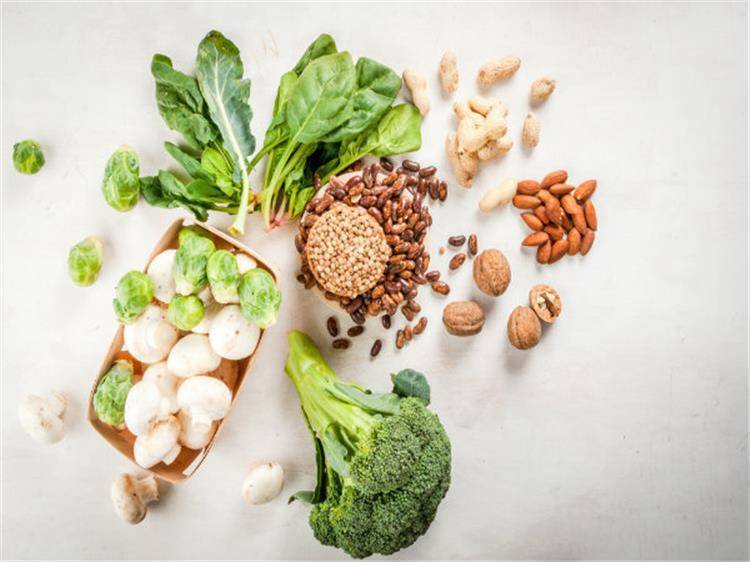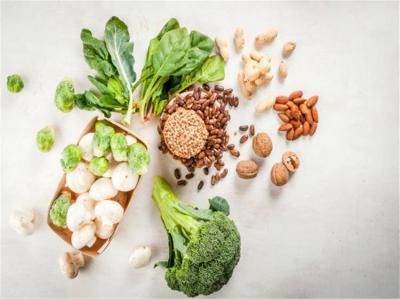When it comes to a protein-rich diet, many people mistakenly believe that vegetarians have limited options, assuming that meat is the only main source of protein. However, vegetables are the primary protein source for herbivorous animals that are mainly slaughtered for meat.
This allows us to go directly to vegetables for original proteins and obtain all the amino acids we need to build and repair our muscles, away from the health risks associated with meat. Below are five sources of high-quality plant protein:
1. **Soybeans**: Soybeans contain more protein than meat per the same quantity. They are also rich in vitamins B and E, calcium, iron, zinc, and unsaturated fatty acids. Recent studies suggest that soy protein helps lower harmful cholesterol levels and excessive blood pressure, and it contains isoflavones, a compound that helps maintain arterial health in menopausal women and reduces the risk of prostate and breast cancer.
2. **Lentils**: Each 100 grams of lentils contains 7 grams of net protein, and they are high in fiber, which helps manage a healthy weight and prevent diabetes.
3. **Chickpeas**: Each 100 grams of chickpeas has about 9 grams of net protein, and they are rich in vitamins A, C, E, and minerals like iron, potassium, magnesium, and dietary fiber. Studies have indicated that chickpeas prevent the development of cardiovascular diseases, type 2 diabetes, and many other diseases.
4. **Red Beans**: Each 100 grams of red beans contains 9 grams of net protein, in addition to being rich in dietary fiber and polyphenolic compounds such as quercetin and various B vitamins. Studies have found that red beans possess antibacterial, antioxidant, and anti-inflammatory properties, playing a protective role against diseases such as cardiovascular disease and cancer.
5. **Green Peas**: Each 100 grams of these delicious green seeds contains 5 grams of net protein. According to recent studies, green peas are rich in antimicrobial, antifungal, anti-inflammatory, and antioxidant properties, as well as cancer-fighting capabilities. They also assist in managing diabetes and help lower harmful cholesterol levels in the blood.




